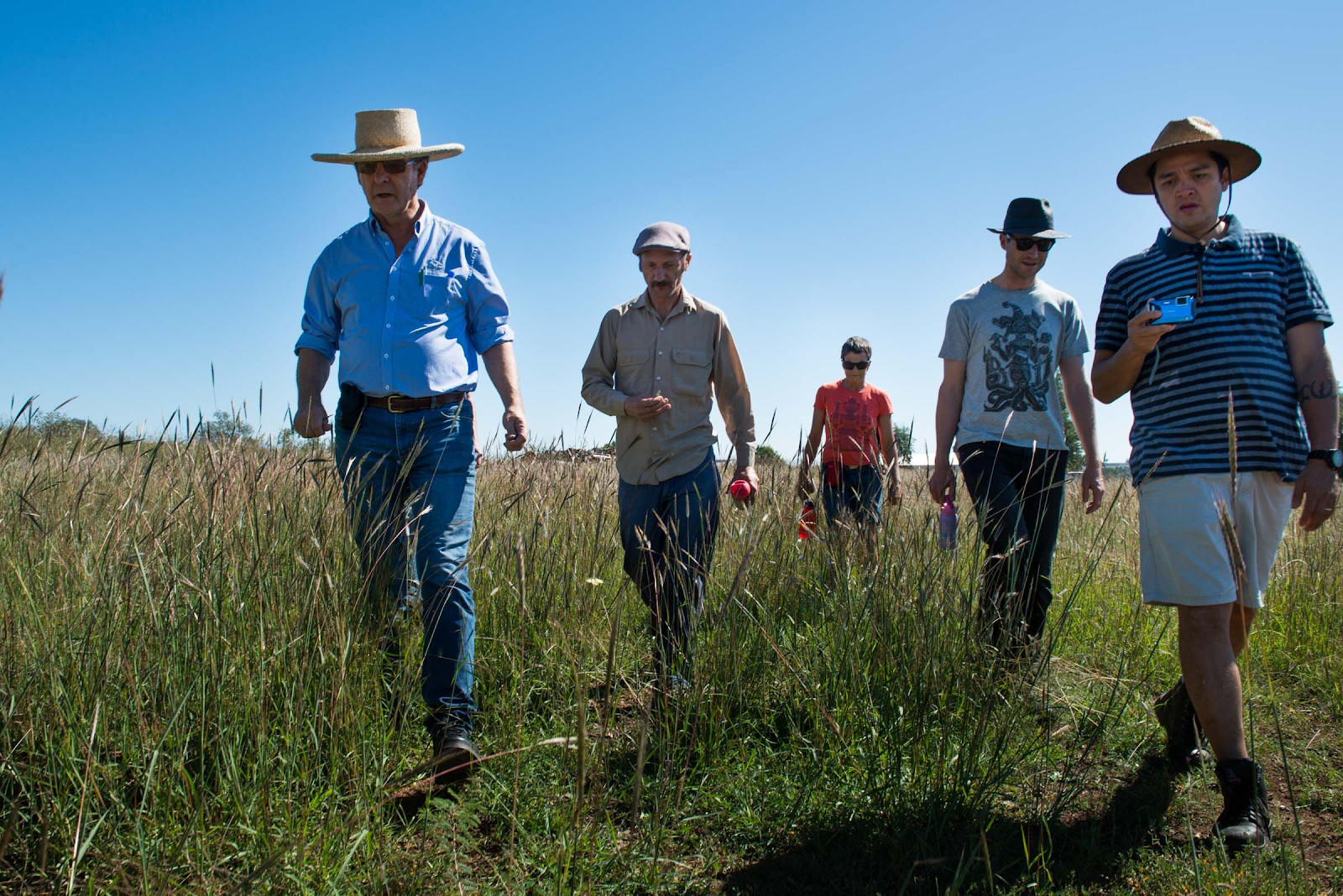A recipe for sustainability: creative collaboration at Kandos School of Cultural Adaptation
October 24th 2019
FBi Radio

Image credit: Kandos School of Cultural Adaptation
From growing your own produce in your apartment, to cooking with common weeds, the Kandos School of Cultural Adapation is here to educate you on the small changes you can adopt to make your personal consumption habits more sustainable.
We live in a time period dominated by our rampant personal consumption habits, often with little appreciation of what it takes to produce and source what we consume. It is easy to forget that our fruit and veg doesn’t just simply arrive at our local supermarket. There’s a long, complicated and often invisible journey from farm to table that isn’t necessarily sustainable. From apples to AirPods, we can find ourselves in a vicious cycle of purchasing, consuming and disposing, with little regard for how all of these products came to be.
Enter Kandos School of Cultural Adaptation (KSCA) – a group of like-minded people from varying industries in the arts, horticultural and science industries who want to break the chain of unsustainable consumption.
Watch a video about KSCA’s collaborative project, “An Artist, a Farmer and a Scientist Walk into a Bar…” here:
KSCA’s methods of interdisciplinary collaboration are based on an old philosophy that says that humankind needs to expand its definition of “art” to include any activity that changes culture and our way of behaving in the world. Scientific discovery? Art. New ways of growing food? Art. Creative solutions to social problems? Art.
It’s a radical new approach to tackling some of the planet’s most pressing problems. In the era of widespread climate crisis, the public arena is rife with debate about where to point the finger of responsibility. While government and big business may continue on the path of inaction, KSCA believes in giving power back to the people. KSCA strives to empower consumers and food growers to provide for themselves, collaborate within their communities and give back to the environment what they take.
Based in Wiradjuri country in Central West NSW, KSCA maintains that their approach is not just applicable to those living in regional communities, but can be adopted by people in urban environments too. So if you’ve ever unsuccessfully attempted to grow your own produce on your Sydney share house patio, or you want to do more than simply flex your reusable straws and keep cups – read on for some helpful pointers from KSCA’s Immogen Semmlar and Diego Bonnetto.
Ever cooked with weeds? Diego Bonnetto (environmental educator and full-time forager) has devised a recipe for a delicious soup using Wild Fennel and Mallow – weeds and herbs found all over the Sydney region! Click here to see the full recipe.
Not so much into eating weeds? Perhaps growing your own food is more your speed. Wicking beds are the easiest way to start growing fresh produce in your house/apartment/garage…literally anywhere in your house with access to sunlight! Emerging scientist/artist Imogen Semmlar is a big fan:
“Wicking beds are my favourite way to grow food. They are fun to make and have a high water use efficiency. The principle of a wicking bed is that your water sits below the plants in a reservoir and it ‘wicks’ up through the organic matter to the plant roots…Wicking beds also suit the lazy gardener. They take minimum watering time and best of all they are above the ground so you don’t need to get down on your hands and knees. They are just win, win, win when it comes to growing food.”
If you’re busting to learn more from KSCA, you can catch them at the upcoming Cementa Contemporary Arts Festival in Kandos. Cementa is a unique socially-engaged festival dedicated to cultivating contemporary art in a regional context.


